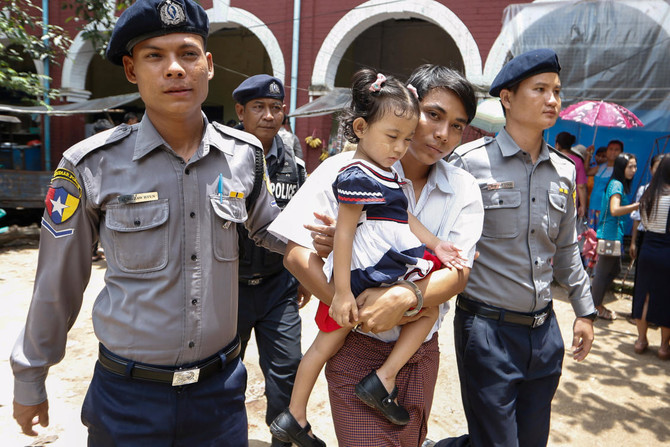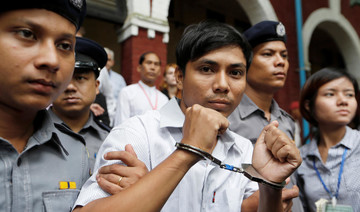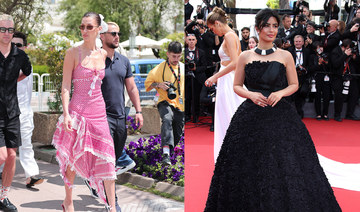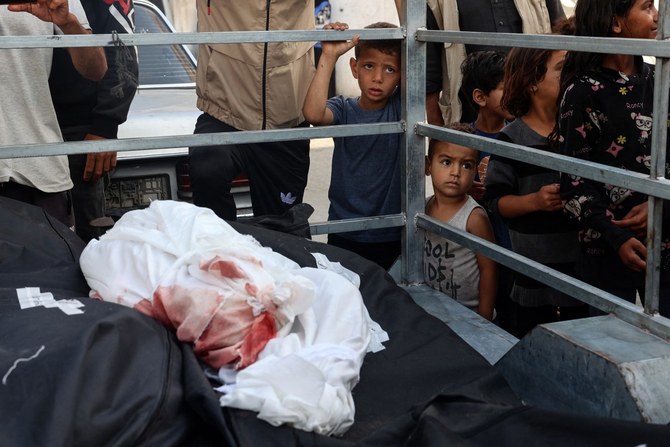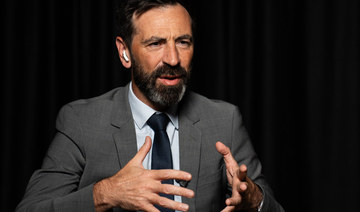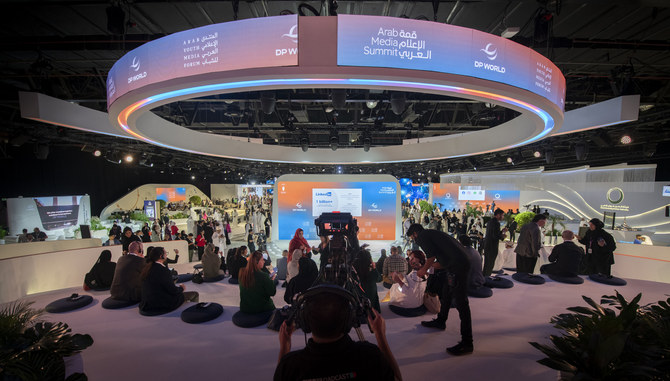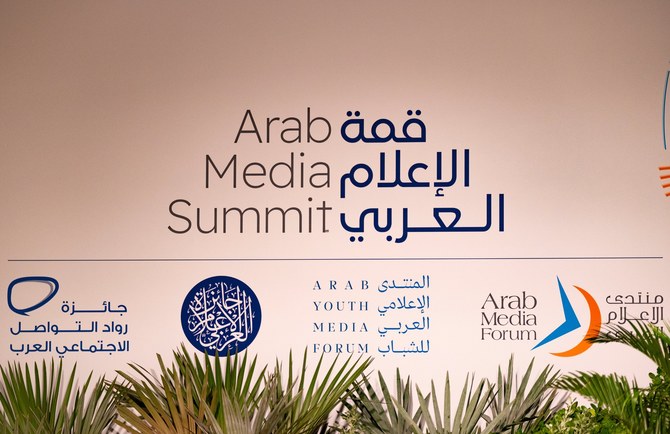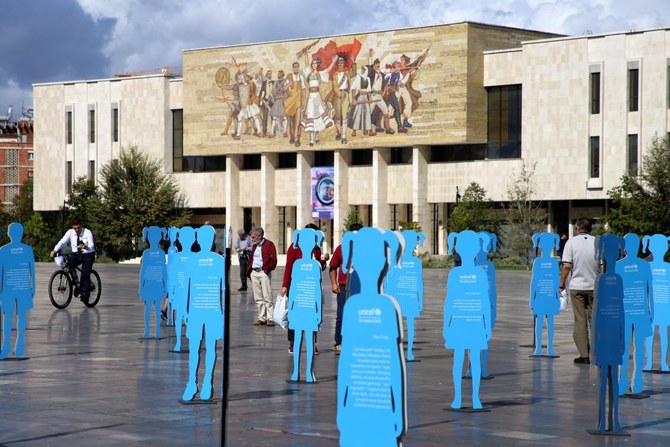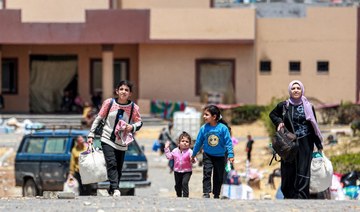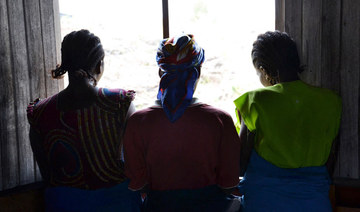YANGON: A jailed Reuters reporter told a court in Myanmar on Monday that documents he is accused of breaking state secrets laws to obtain were planted by a police officer, who handed him papers he had not sought in order to entrap him. The officer had then lied to the court about what happened, he said.
Wa Lone, 32, who began giving evidence last week at the court in northern Yangon, also said under questioning by prosecutors that he had followed journalistic ethics in his reporting of a massacre of Rohingya Muslims last year.
Wa Lone and Reuters colleague Kyaw Soe Oo, 28, are on trial on charges brought under the colonial-era Official Secrets Act, in a case seen as a test of press freedom in Myanmar. Both have pleaded not guilty. If convicted, they face up to 14 years in prison.
As his hours-long cross-examination continued on Monday, Wa Lone repeatedly stated that the reporters were framed by police who handed them papers “without asking” minutes before they were arrested on Dec. 12.
Lead prosecutor Kyaw Min Aung questioned Wa Lone about the documents, asking whether the reporter believed their contents could be damaging to the state if given to insurgents, and why he was arrested with the documents.
Wa Lone said he had not reviewed the documents properly before he was arrested, so could not speak about their contents. He repeatedly said he had not violated Myanmar media law.
“The documents found in my hands were given by Police Lance Corporal Naing Lin to set us up and arrest us,” Wa Lone told the court.
Naing Lin testified during pre-trial hearings that he met the reporters at a restaurant on Dec. 12, but said that he did not hand them anything. Wa Lone told the court on Monday that Naing Lin had given false testimony.
Prosecutor Kyaw Min Aung declined to comment at the end of the day’s proceedings.
Myanmar government spokesman Zaw Htay has declined to answer questions on the proceedings, saying Myanmar’s courts are independent and the case would be conducted according to the law. He did not answer calls seeking comment on Monday.
Kyaw Soe Oo began testifying on Monday afternoon shortly before Judge Ye Lwin adjourned proceedings for the day. The trial continues on Tuesday.
“DUTIFUL REPORTERS“
At the time of their arrest, Wa Lone and Kyaw Soe Oo had been working on an investigation into the killing of 10 Rohingya Muslim men and boys in the village of Inn Din in western Myanmar’s Rakhine State.
The killings took place during a military crackdown that United Nations officials have said constituted ethnic cleansing. More than 700,000 Rohingya fleeing to neighboring Bangladesh last year, according to UN agencies.
Wa Lone testified last week that police deprived him of sleep and transported him hooded to an interrogation site after his arrest. Police questioning centered on the reporting of the massacre, not on the allegedly secret state documents, he said.
After Monday’s hearing Wa Lone told reporters that he felt duty-bound to report the killings and other violations by security forces that he and Kyaw Soe Oo had uncovered in Inn Din.
“We wouldn’t be dutiful as reporters if we ignored these violations of the law. We covered the Rakhine issue, and because of that we have been facing trial for months and facing these troubles,” he said.
Prosecutor Kyaw Min Aung also questioned Wa Lone on Monday about his ties to Police Captain Moe Yan Naing, who in April testified that a senior police officer had ordered subordinates, including Lance Corporal Naing Lin, to trap Wa Lone. The reporter said he had only come to know the police captain in the course of his reporting on Inn Din, where Moe Yan Naing served in a position of responsibility.
Diplomats from several Western countries attended Monday’s hearing, alongside friends and family of the accused, including Wa Lone’s pregnant wife, Pan Ei Mon, and Kyaw Soe Oo’s daughter Moe Thin Wai Zan, who turned three on Sunday. As her father was being bundled into a police truck after the hearing, Moe Thin Wai Zan cried “papa, papa!“
The embassy of Denmark called for the two reporters to be released immediately. “Wa Lone and Kyaw Soe Oo are brave men who deserve praise and admiration for their brave work,” the embassy said in a statement.


